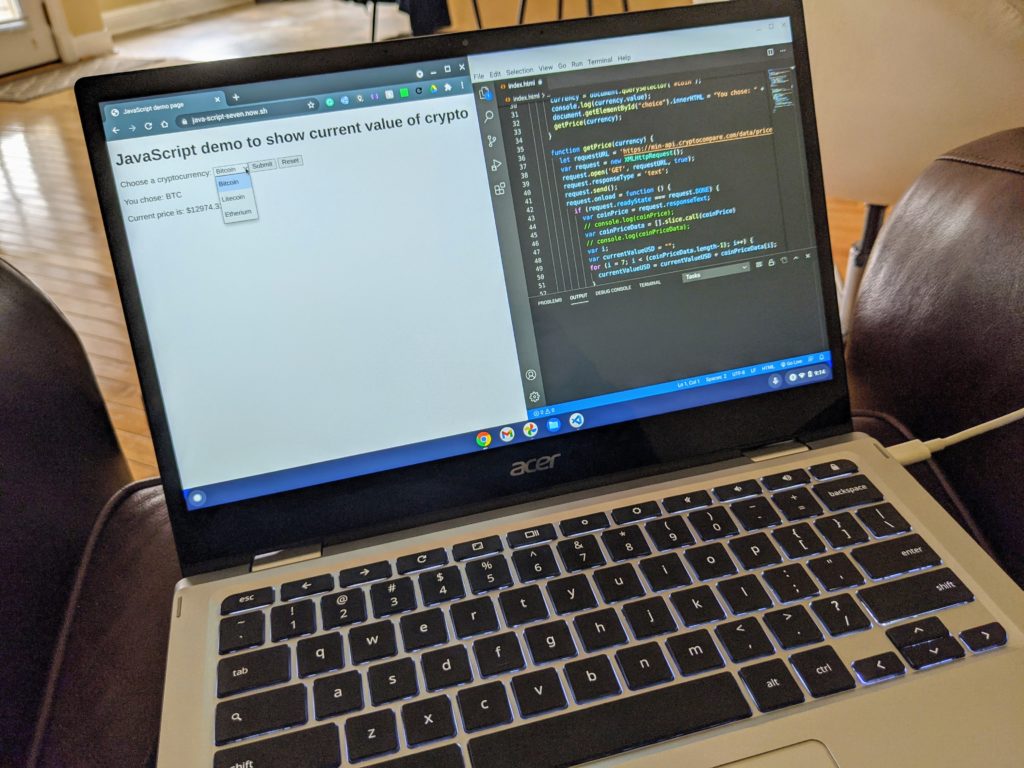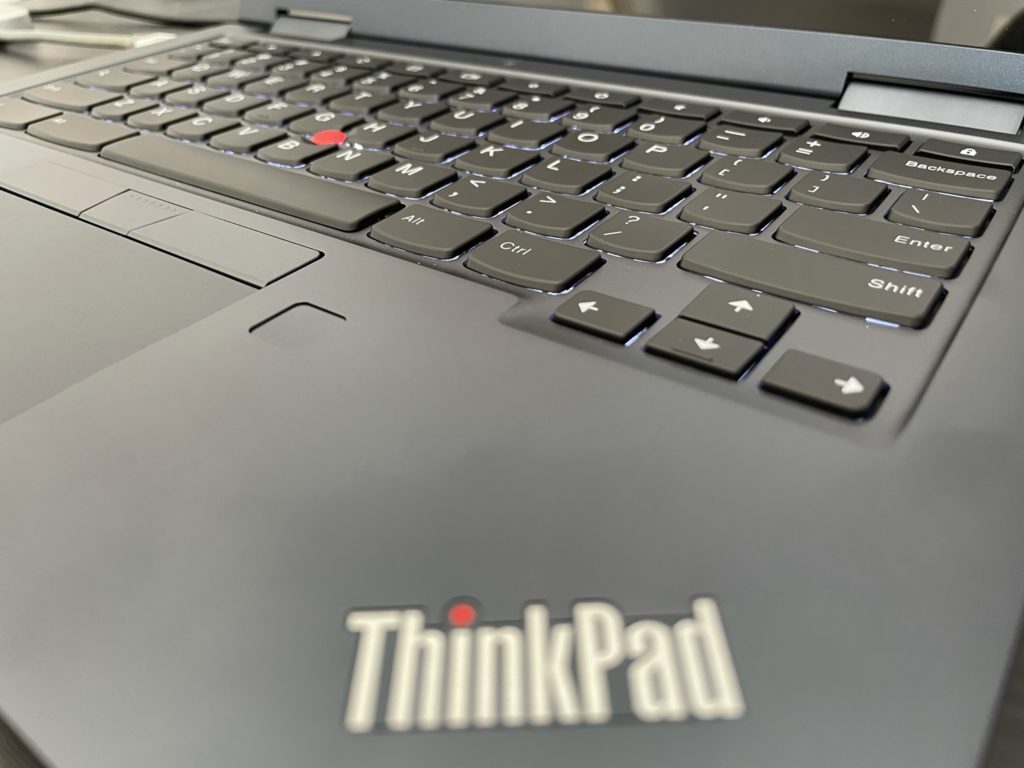Aside from writing here on the site, I receive and respond to Chromebook buying recommendation requests on a near-daily basis. The emails often come in with messages to this: “I want to buy a Chromebook, which is the best Chromebook right now?” That’s a great question, but it’s a bit vague. So I typically have some back and forth conversation about what the person is looking to spend and how they plan to use their device. The fact is, there is no best Chromebook; at least not in a universal sense.
Don’t misunderstand me. I’m not whining about these recommendation requests in my Inbox. I thoroughly enjoy offering my opinions to guide people to picking their new Chromebook!
But my goal isn’t to tell them what the best Chromebook is. Instead, it’s to focus on their requirements so they can choose the best Chromebook for them.
Sometimes, this lack of picking a “winner” in the Chromebook market comes back to bite me a little. Readers have suggested I follow some of what other sites do, including:
- Best Chromebooks of July
- Best Samsung Chromebooks you can buy
- Best Chromebook for business
Look, I don’t begrudge any content that other sites publish. That’s their choice and if provides value to their readers, that’s awesome! I simply choose a different approach.
I’d rather offer up guidelines based on budgets and use-case requirements to get you started. I did this with my high-level Chromebook buyers guide, for example. And if you need help after that, I’ll help you focus on the options you’re gravitating towards based on those requirements.
Recently a segment on This Week in Google put the spotlight on my approach. My friend Jeff Jarvis, who loves Pixelbooks, said I was “such a fair man” and say it could be this one or that one when giving Chromebook recommendations.
I can see why he said that. I don’t have a horse in the race for any specific brand or model of Chromebook, so I rarely say “Go buy this exact Chromebook” without knowing all of a buyer’s requirements.
Here’s the segment where this comes up. My IoT Podcast partner, Stacey Higginbotham, takes the middle ground both defending me and conceding Jeff’s point, which is also a fair approach. 😉
If you watch the segment, you’ll see that Jeff refines the features he’s looking for, ranging from the processor, display aspect ratio, touchscreen or not, etc…. These, along with factors such as budget, weight, battery life, expected performance for various activities and more should all factor into the decision process.
Let’s look at this from a similar situation. I wouldn’t walk up to a used car lot that hypothetically had every brand and type of vehicle and ask “What’s the best car?” If I did, the salesman might point me to a used Tesla (just an example here). Ok, that’s nice but it’s $50,000 and I only want to spend $20,000.
“In that case, this Honda Civic is perfect. It’s priced at $19,995. It’s the best car on the lot in your price range,” the salesman says. Great! Well, unless I live in a state that gets dumped on with snow and everyone who lives there generally has a 4WD vehicle. The hypothetical decision to buy the best car isn’t a simple one. Nor is it with Chromebooks.
My daily driver, the device not the car, is still the Acer Chromebook Spin 13 that I bought in 2019. Right now, it’s still the best Chromebook for me because it has 16 GB of memory, uses a screen with a 3:2 aspect ratio, and performs well.

It meets my needs to run Linux apps for computer science classes very well along with all of the other benefits of Chrome OS. But not everyone wants or needs that kind of performance at $800 or more. Why pay for it then when a well-designed $300 Chromebook will do?
If I ever did pick the best Chromebook, I can guarantee you that people would disagree. And they’d be correct to do so because it may not be the best Chromebook for them.
Perhaps they have some special requirements, for example.
Maybe they work outside quite a bit and the “best” Chromebook has a 250 nit display. That’s typically bright enough for indoor use but not so great outside.
And then there are personal preferences too. I’ve recommended some devices to people who say, “Oh, I’ve tested that one in a store briefly and I can’t stand the keyboard, build quality, small trackpad….” or some other specific aspect.

With all of these differing requirements and personal preferences, how can I (or anyone else, really) tell you what’s the best Chromebook? Again, there’s isn’t one.
There may be very good, even best Chromebook options for you. Universally though? Nope, there’s no best Chromebook so don’t ask me.
Instead, let’s go through your requirements, preferences, use case needs, and budget. Then and only then might you find your best Chromebook even if it’s not what others consider the best Chromebook.

